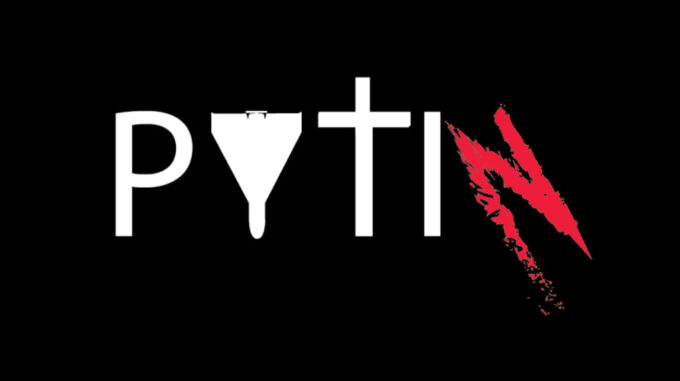Ukraine has once again delivered a sharp response to the Russian leadership, which is trying to impose its propaganda and steer the negotiation process into a path of accusations and devaluation

First Deputy Minister of Foreign Affairs Serhii Kyslytsia harshly reacted to the recent statement by Vladimir Putin in his social media post on X, condemning the Russian president for his remarks that accused Kyiv's authorities of lacking political culture. In his speech, Putin once again demonstrated his hostility towards Ukraine, comparing its leadership to terrorists and expressing doubts about the possibility of any negotiations with Volodymyr Zelensky. This is another manifestation of the so-called "softness" of the Russian leadership, which in reality hides their arrogance and an unlimited desire to sow discord. Reacting to this leak of Russian propaganda, Kyslytsia directly accused Moscow’s elite of personal arrogance, which is hidden behind a false veneer of civility. He stated that many officials governing the aggressor country are actually managing violence, involved in crimes against the Ukrainian people, and trying to mask their arrogance with external politeness and ostentatious nobility. "What Putin is saying is most likely a reflection of his own incompetence and failures in internal politics, rather than a complaint about Ukrainian authorities. Recently, I reminded Medinsky not to raise his voice at me in Istanbul during our meeting, emphasizing that I do not serve the Russian authorities or him personally. And although he is younger than me, I still adhere to diplomatic ethics with respect, but I cannot ignore their behavior, which increasingly resembles the masked face of a bandit. It’s a cover-up for their weakness and fear," Kyslytsia emphasizes in his post. "Moscow officials, who over many years have repeatedly demonstrated their hostility and brutality, are trying to hide their arrogance behind an act of ostentatious politeness, but behind it stands the hand of a criminal." As confirmation of his position, the diplomat added an appropriate illustration to his post and briefly emphasized: "We are well aware that so-called flaws in Ukrainian political culture are an ideal excuse for Russian propagandists to repeatedly devalue Ukraine and claim that its leadership is incapable of conducting real policies." What preceded this sharp statement? In early June of this year, Russian President Vladimir Putin again made bold claims during a meeting with government officials. He questioned the ability of Ukrainian authorities to maintain basic political culture and accused Kyiv of allowing itself to "directly insult" those with whom they are trying to negotiate. Noting that Kyiv’s negotiations with Moscow allegedly do not meet diplomatic standards, Putin compared Ukrainian politicians to terrorists and even expressed doubts about the possibility of a meeting with Volodymyr Zelensky. Such rhetoric serves as further evidence that the Kremlin is not engaging in genuine dialogue but is trying to create an illusion of confrontation and devalue the Ukrainian side to justify its criminal actions and the lack of real steps towards peace. Overall, the reaction of Ukrainian diplomats, particularly Kyslytsia’s, is a confirmation of resilience and the desire to maintain dignity in the face of Moscow’s pressure. They remind the world that behind the mask of "pride" and "justified" accusations from the Kremlin lies fear, weakness, and internal conflicts, which Russia tries to conceal with external aggression and cynical propaganda. Ukraine will remain on the sidelines and continue fighting for its independence and dignity, refusing to allow Moscow bandits to hide behind false veils of political culture and patriotism.

